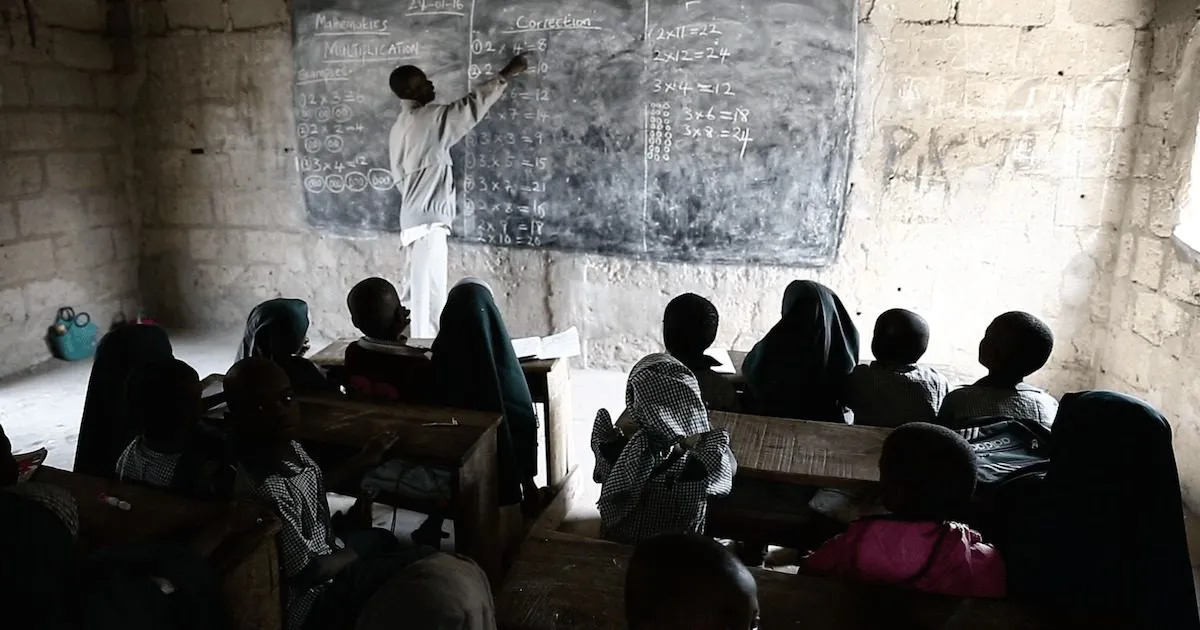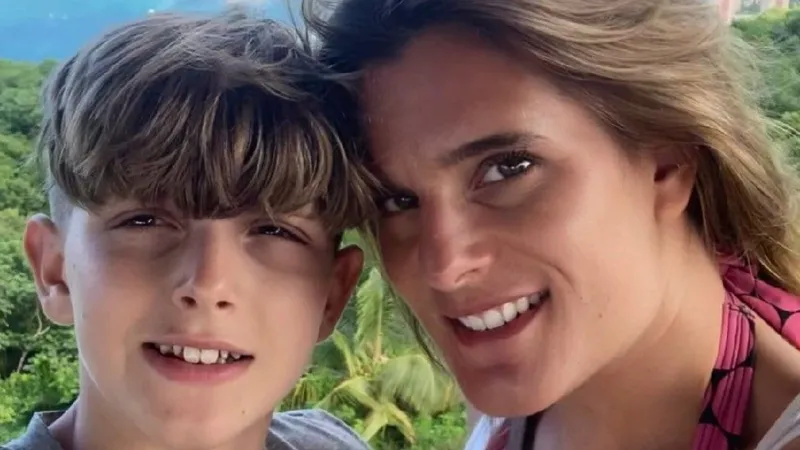World Day of Social Justice 2025: Promoting Fairness, Equality, and Inclusion for All

Every year on February 20, the world observes the World Day of Social Justice, a day dedicated to addressing global inequalities, advocating for human rights, and fostering a world where fairness and equity prevail. The 2025 theme, “Empowering Inclusion: Bridging Gaps of Social Justice,” underscores the urgent need to close systematic gaps in social protection and ensure that no one is left behind.
While the focus of social justice initiatives often revolves around economic inequality, employment opportunities, and human rights, there is a critical but often overlooked dimension and this is the well-being and protection of children and families.
The Growing Challenges Faced by Children and Families
In an ideal world, every child would grow up in an environment that fosters security, education, and emotional well-being. Unfortunately, reality paints a different picture. Children and families across the globe face multiple layers of adversity, ranging from extreme poverty to inadequate healthcare, lack of quality education, displacement due to conflicts, and exposure to violence. Some of the most pressing issues include:
- Poverty and Economic Hardship: Millions of children live in extreme poverty, affecting their ability to access proper nutrition, education, and healthcare. Families struggle to meet their basic needs, leading to cycles of generational poverty.
- Displacement and Migration: Ongoing conflicts, natural disasters, and economic instability have led to an unprecedented rise in displaced families and children, many of whom lack access to essential services and legal protection.
- Child Labour and Exploitation: Despite international efforts, child labour remains a grim reality for millions. Economic desperation often forces children into exploitative work conditions, depriving them of education and a chance at a better future.
- Gender Inequality and Discrimination: Girls continue to face barriers to education, early marriage, and gender-based violence, further exacerbating social inequalities.
- Mental Health and Well-being: The increasing exposure of children to stress, violence, and unstable living conditions has significant implications on their mental health, yet mental health services for children remain underfunded and inaccessible in many regions.
The Role of International Organizations and the Gaps in Social Protection
Efforts by international organizations like UNICEF, the UNHCR, Save the Children, and the International Labour Organization (ILO) have been instrumental in advocating for policies that protect children and support families. Key initiatives include:
- UNICEF’s Child Protection Programs, which provide educational opportunities, healthcare, and emergency relief to vulnerable children.
- The ILO’s Decent Work Agenda, which aims to eliminate child labor and promote fair working conditions for parents.
- The UNHCR’s Refugee Protection Mandate, which safeguards children in conflict zones and ensures access to education and basic needs.
- UN Women’s Gender Equality Campaigns, which push for policies that protect girls and women from discrimination and violence.
Despite these efforts, gaps remain in social protection systems. Many children and families still fall through the cracks due to weak policy implementation, lack of funding, and political resistance. There is an urgent need for stronger collaborations between governments, NGOs, and private sectors to build resilient systems that ensure comprehensive support for all children and families.
A Call for Collaborative Action: Recommendations for a Just Future
To truly uphold the principles of social justice, it is crucial that the focus shifts toward inclusive, family-centered policies. Some key recommendations include:
- Strengthening Social Safety Nets: Governments must expand access to food security programs, healthcare, and quality education to ensure that children’s basic needs are met.
- Investing in Education and Skill Development: Beyond access to schools, there should be efforts to improve educational quality, provide teacher training, and integrate technology to bridge learning gaps.
- Enhancing Child Protection Laws and Enforcement: Stronger legal frameworks must be implemented to combat child labor, trafficking, and domestic violence.
- Prioritizing Mental Health Services: Investing in mental health resources for children, including counseling services and trauma-informed care, should be a priority.
- Encouraging Corporate Responsibility: Businesses should be held accountable for ethical labor practices and encouraged to invest in community-based programs that support children and families.
- Strengthening International Cooperation: Cross-border initiatives are essential to addressing the challenges faced by migrant children, refugees, and displaced families.
Conclusion
The World Day of Social Justice serves as a global reminder that no society can achieve true equity without prioritizing the needs of its most vulnerable, its children. As the world strives to meet the 2030 Sustainable Development Goals, it is imperative that children’s rights, family well-being, and social protection are at the core of all justice initiatives.
Image Source: http://www.bing.com





